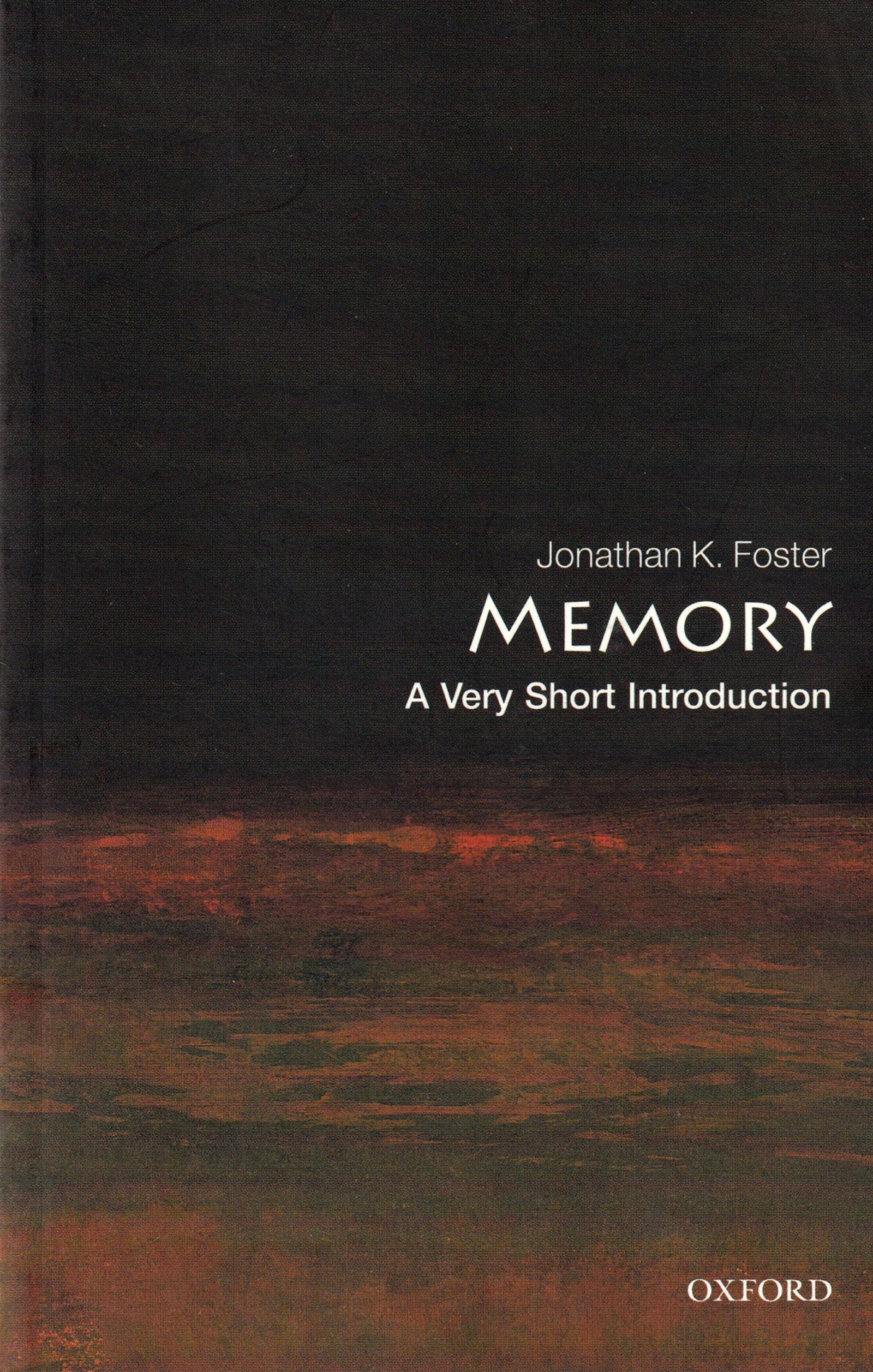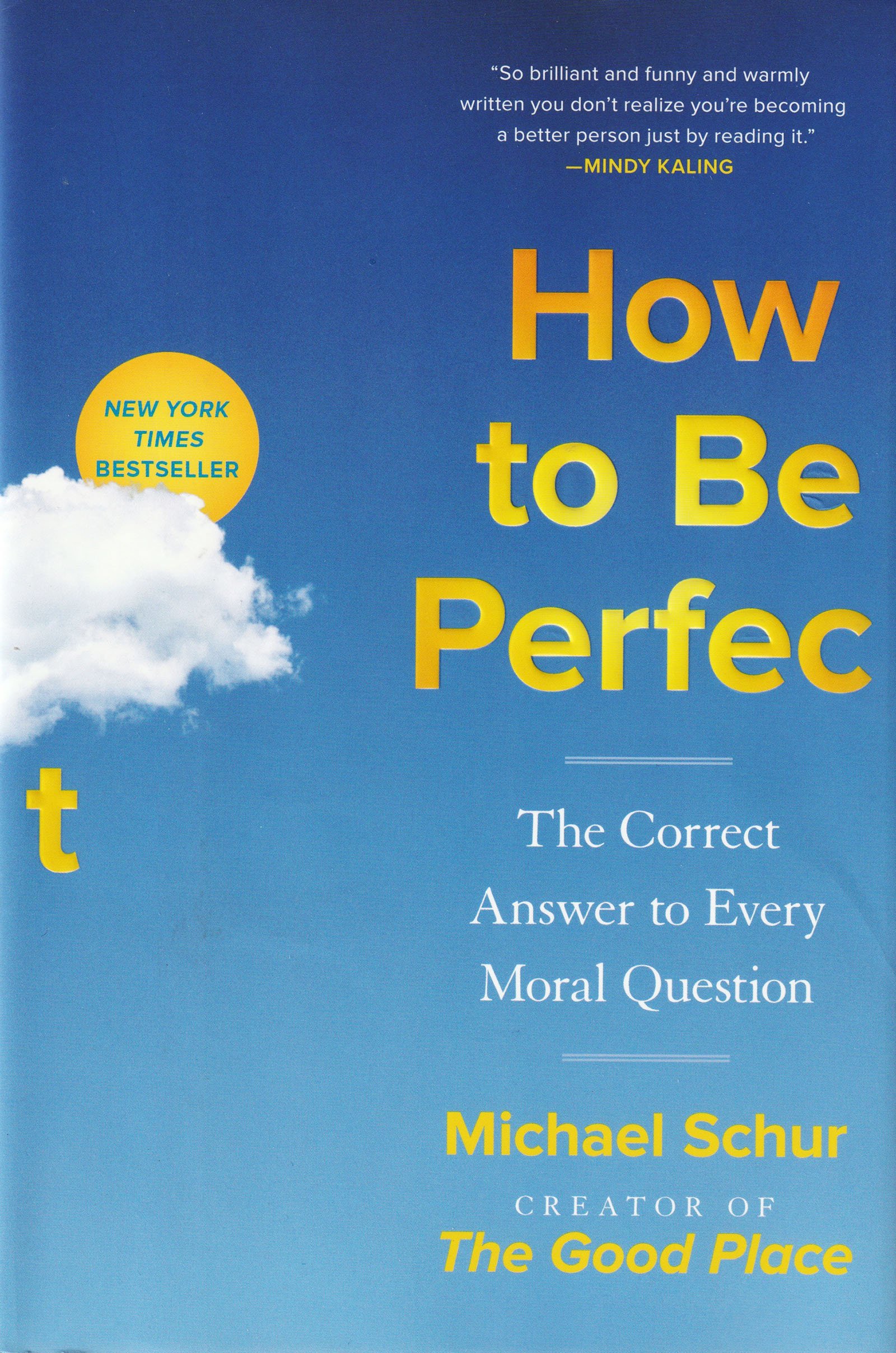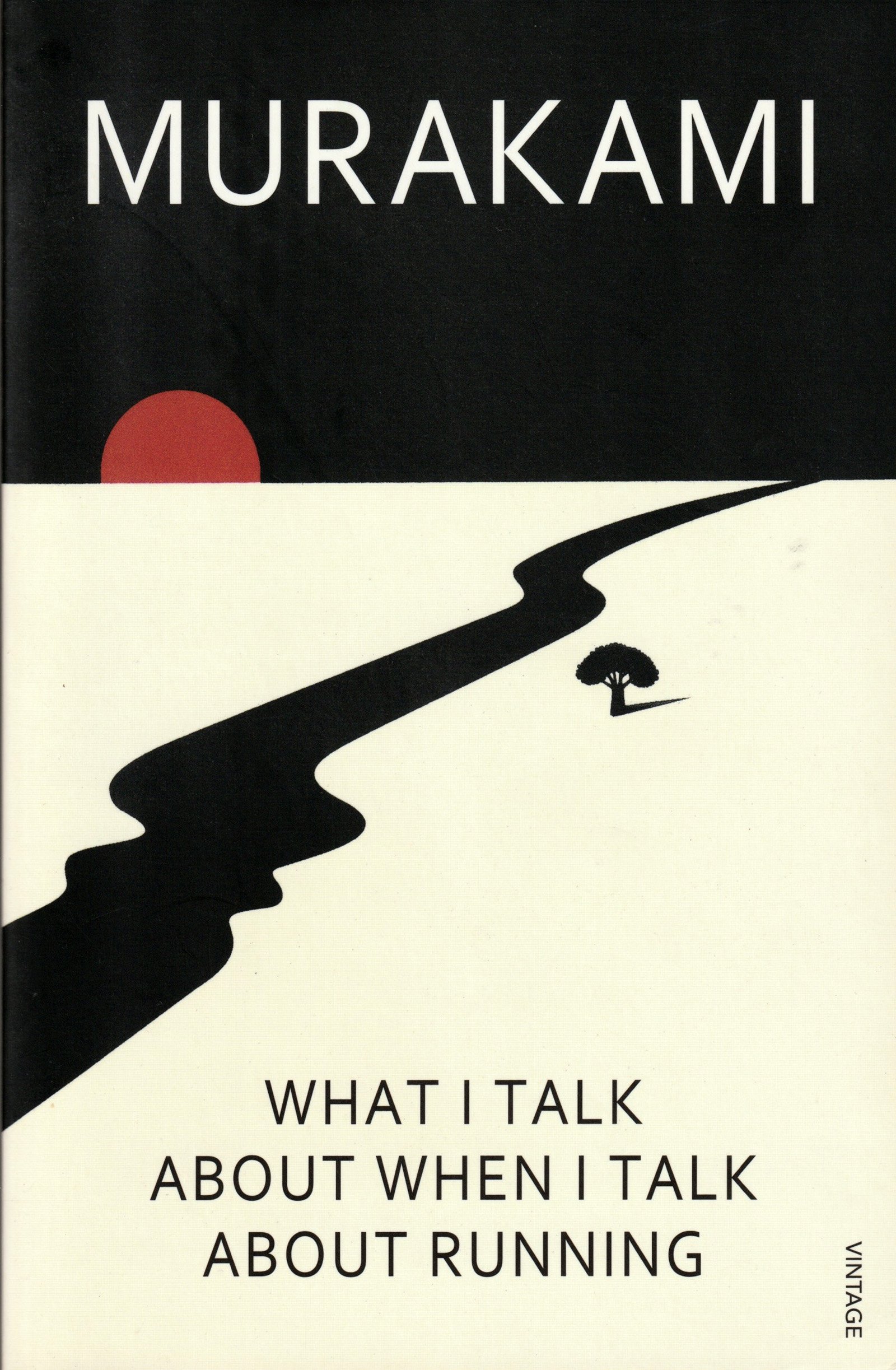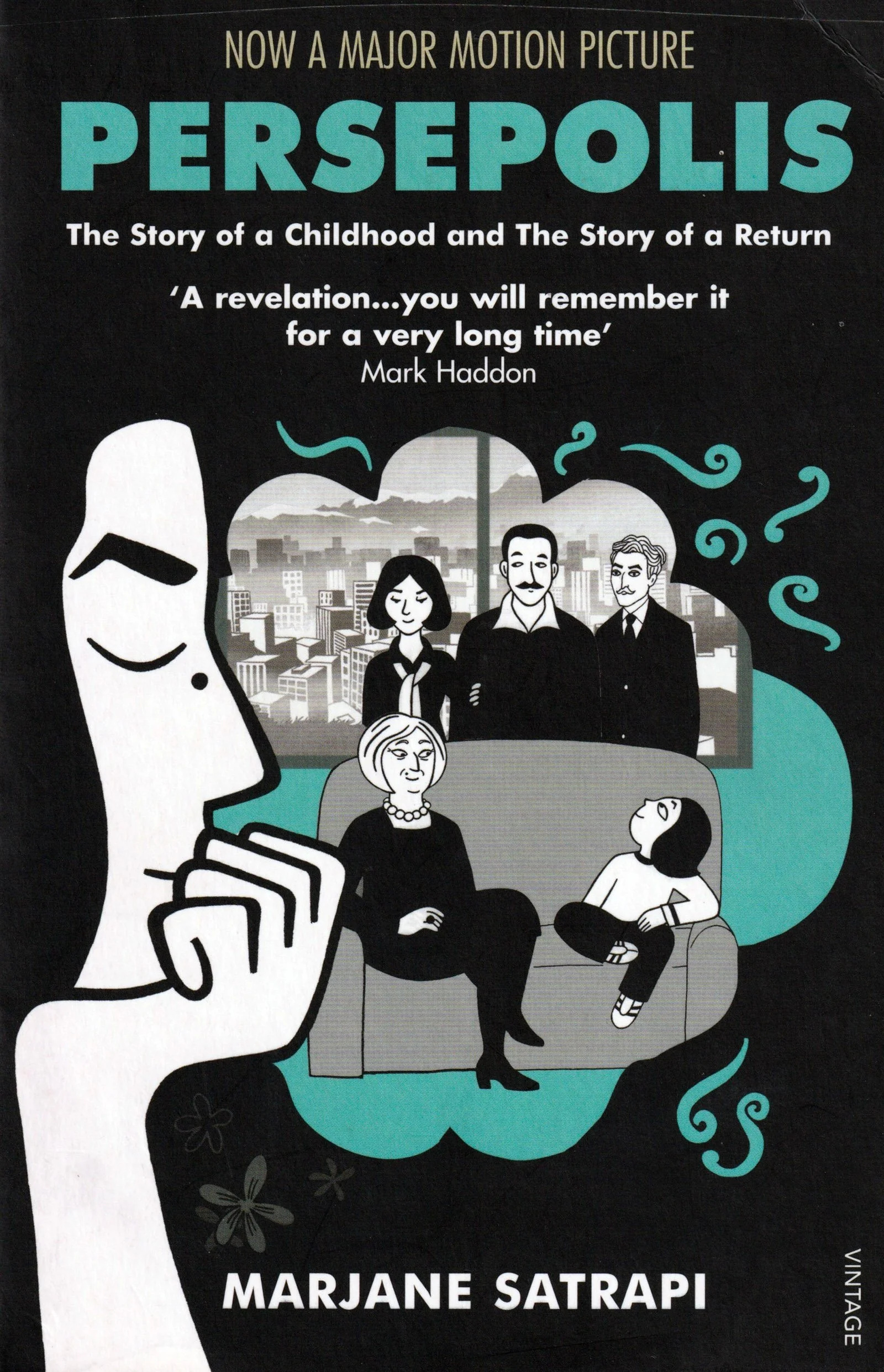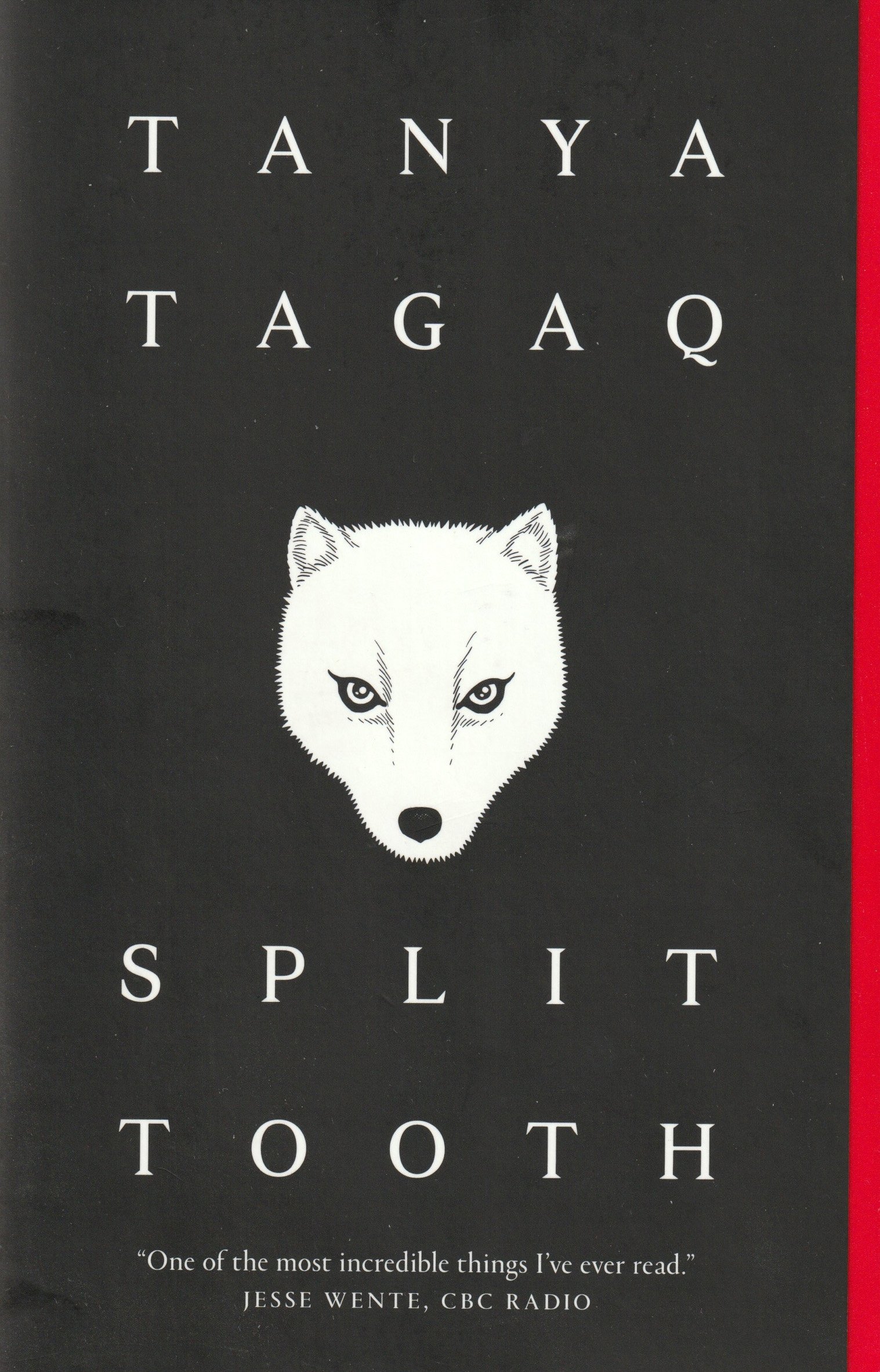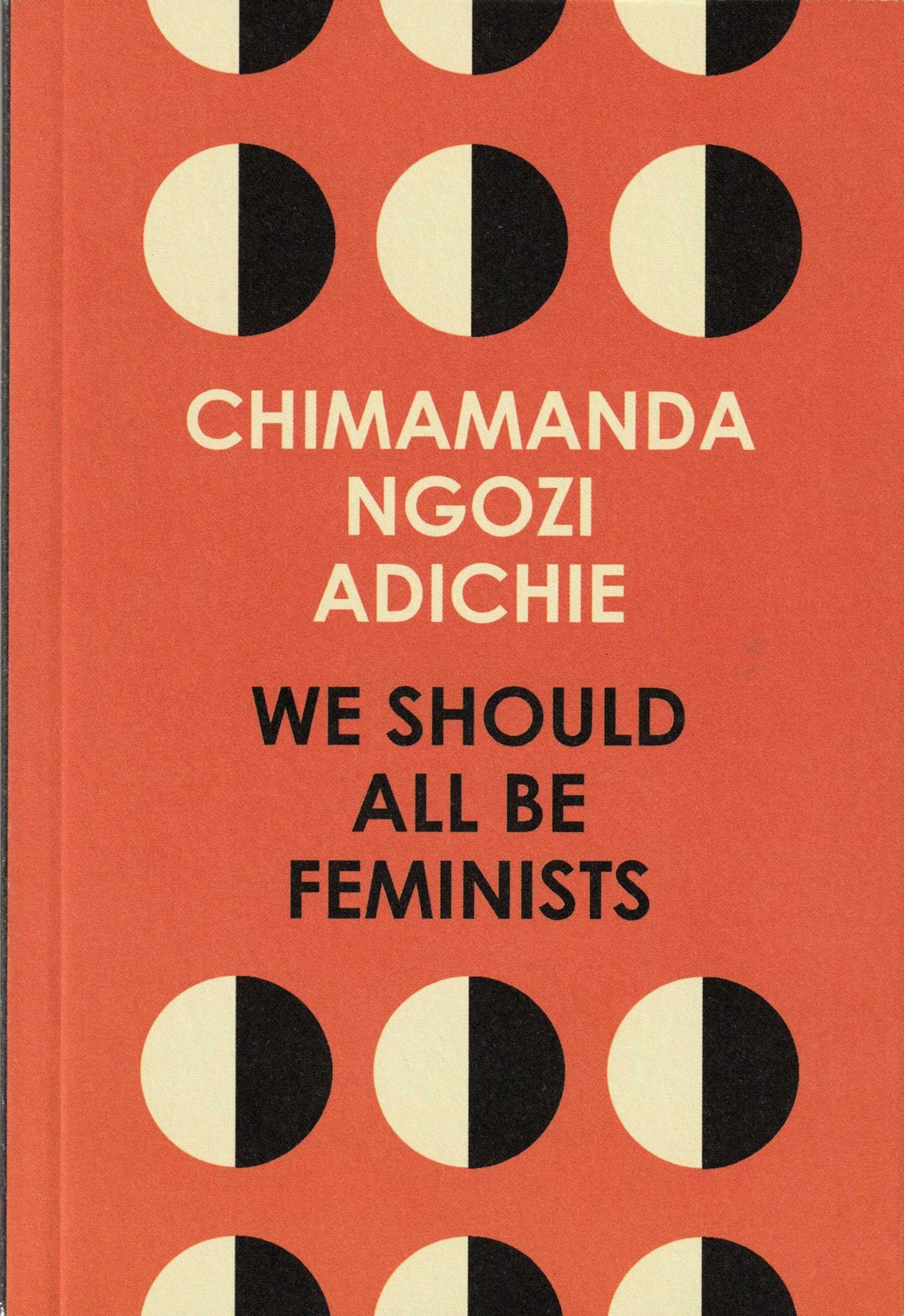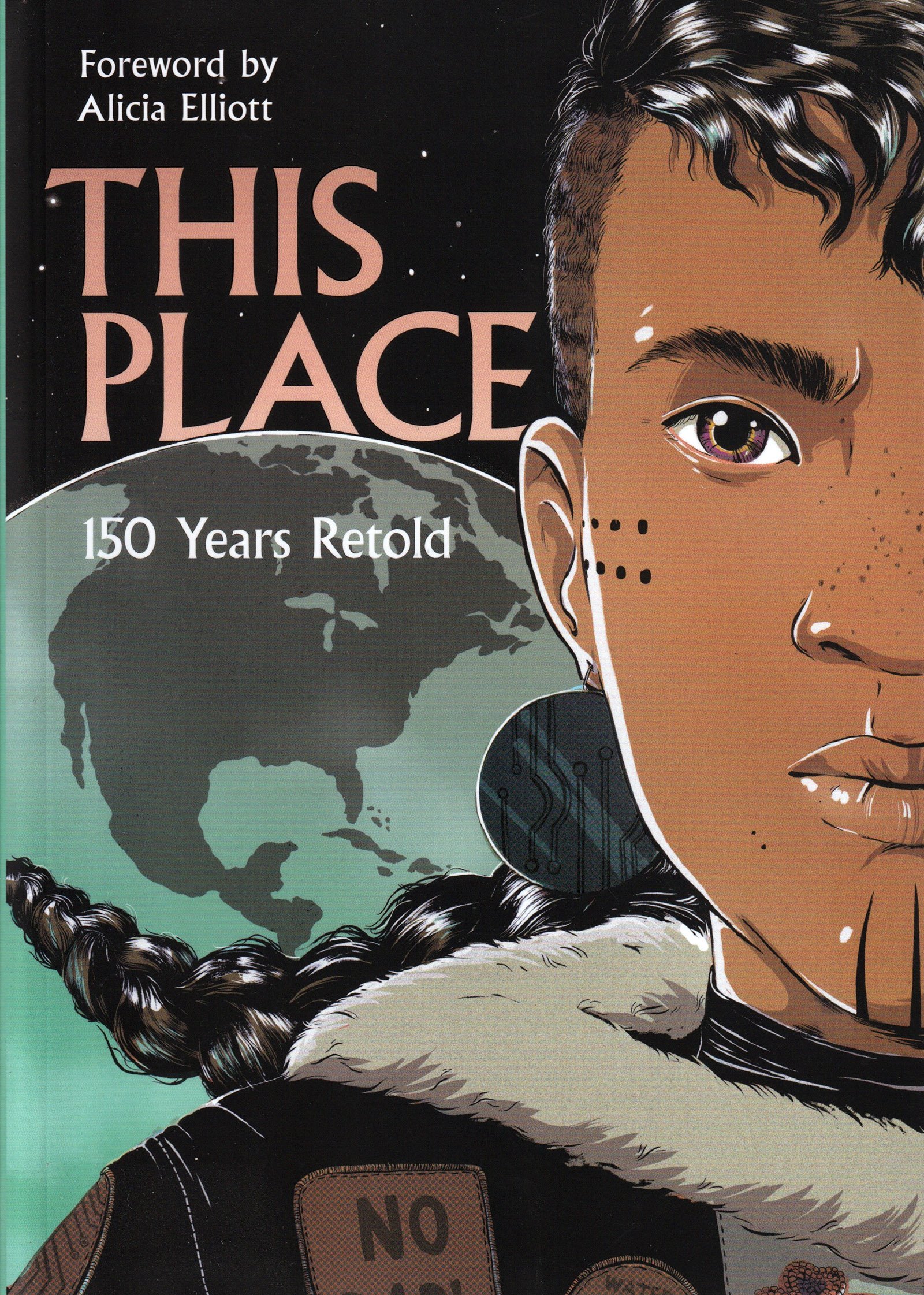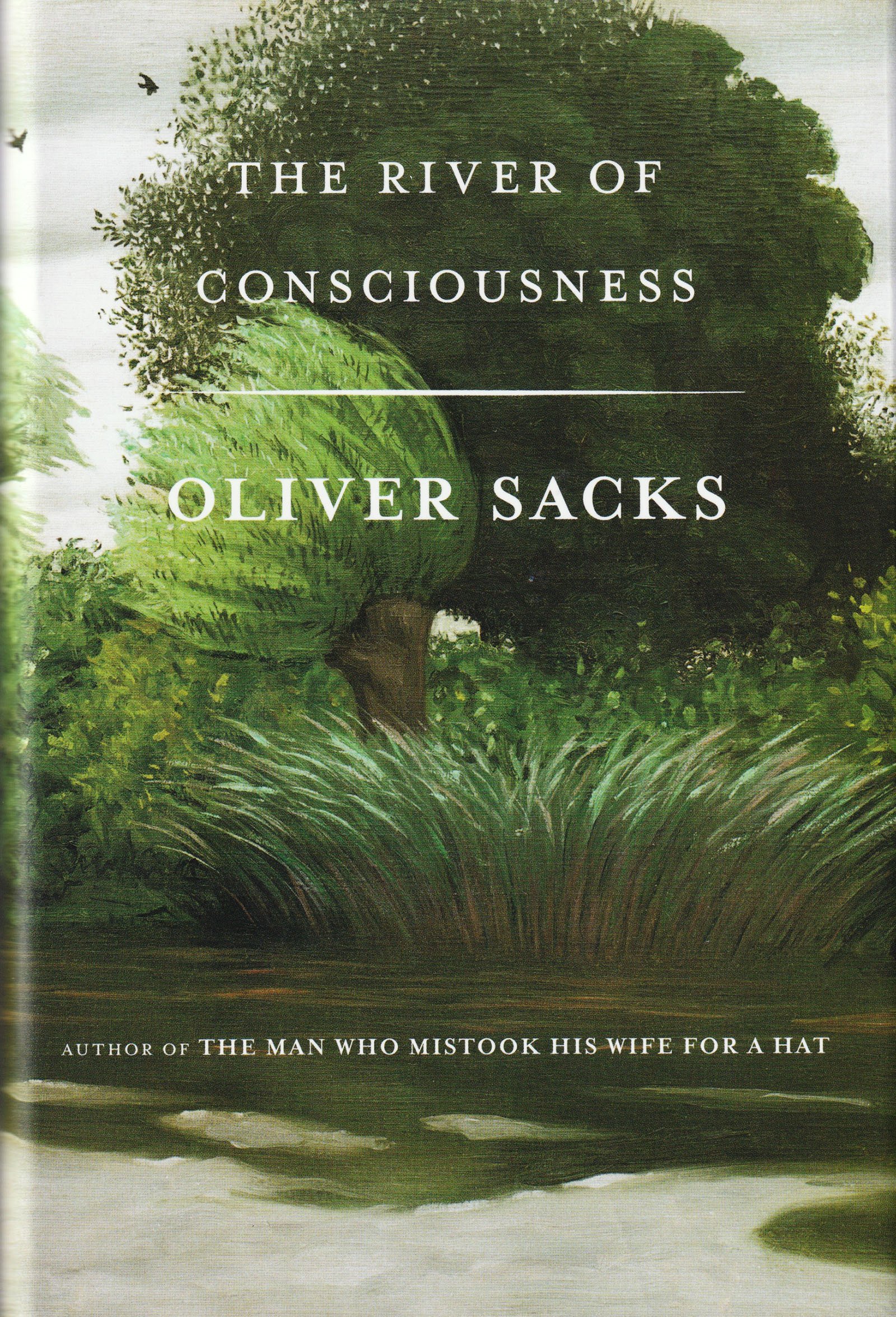8 Alternative Holiday Reads Inspired by The White Lotus
Under a palm tree. Photo: Tanya Clarke 2018
Books can be armour. Or they can be a weapon, an escape, or a dream. They can make us weep or swear or laugh out loud. Books are powerful.
In HBO's show, The White Lotus, books, specifically 'the holiday read' are there to impress.
"They're just props," says teenager Olivia.
Her friend, Paula adds, "We have a stylist pick out our outfits and then we have a book stylist pick out our books."
When you see the books they're reading, Freud and Nietzsche one day, Fanon and Paglia the next, you can see their point.
In case you don't know, The White Lotus is a biting satire depicting the holiday experience of the rich and privileged on a non-specific island in Hawaii. The hotel they stay in is The White Lotus. One of the show's many delights is hotel manager, Armond, and his deranged lapse into less than sober behaviour. I won't say anymore. No spoilers here.
The holiday reads of the two teenage girls, Olivia and Paula plus the newlywed couple, Shane and Rachel have been picked over and discussed in several posts out there in the blogosphere.
So instead of delivering another iteration of the holiday books of the wealthy and educationally privileged, I thought I would make for you a list of alternative reads which are hopefully more accessible.
After a thorough search through my bookshelf, I have a list. I wouldn't say I like to read very academic works but often I do enjoy learning something new that comes with a bit of challenge. Taking a general overview of each of the books in the show, I've looked for a connection with my choices that doesn't seem unreasonable. Here goes.
8 Books for Your Holiday Reading
1. Memory - A Very Short Introduction by Johnathan K. Foster
Instead of The Interpretation of Dreams by Sigmund Freud, a classic text on psychoanalysis, dreams, and their interpretation, here is a short volume first published over a century later discussing the latest research in psychology and neuroscience about how memory works.
It's a compelling romp through memory research which was at the cutting edge in 2009. How are memories stored in the brain? What happens when our memory goes wrong? Can others manipulate our memories?
My favourite chapter is entitled Inaccuracies in Memories. There's a fascinating part on Real versus Imagined Memories:
“..even when we believe that we are literally ‘playing back’ some previous event or information in our mind as if it was a videotape, we are actually constructing a memory from bits and pieces that we actually remember, along with our general (i.e. semantic) knowledge about how these bits should be assembled.”
2. How to be Perfect - The Correct Answer to Every Moral Question by Michael Schur
As Paula muses over Freud's Interpretation of Dreams, Olivia's choice is The Portable Nietzsche.
My husband has a degree in Philosophy. All I have is a couple of lectures on the top ten philosophers through the ages. I vaguely remember something about Kant, Lacan and Nietzsche but nothing I could write about.
This brings me to this book on philosophy which I'm reading at the moment. Schur, is a television writer, producer and creator of The Good Place. In Schur’s book How to be Perfect, he takes us by the hand and guides us through the world of philosophy in bite-sized chunks describing major themes in a thoroughly accessible way.
I read a chapter here and there when I'm eating breakfast. I need brain food to get my mind around the finer points of virtue ethics, deontology and utilitarianism. Doesn't sound like a fun read does it? But it is!
With chapter titles like:
Should I Punch My Friend in the Face for No Reason?
Do I Have to Return My Shopping Cart to the Shopping Cart Rack Thingy? I Mean...It's All the Way Over There.
This sandwich is morally problematic. But it's also delicious. Can I still eat it?
What’s not to love?
I'm currently reading Chapter Three: Should I Lie and Tell My Friend I Like Her Ugly Shirt?
Turns out, it's far more complicated than you think. Or maybe it's actually very simple.
3. What I Talk About When I Talk About Running by Haruki Murakami
While newlywed Shane questions the book choices of Paula and Olivia, his choice of holiday read, Blink: The Power of Thinking Without Thinking by Malcolm Gladwell languishes on the sun lounger barely opened.
Thinking without thinking makes me think about Murakami’s What I Talk About When I Talk About Running.
I used to run. I’m thinking about getting back into it. I've bought a new pair of running shorts and a t-shirt but I need new runners. In the UK I often ran with a friend, through rain, sun, and snow.
My friend told me about this book, one of her favourites. Murakami's book is part memoir, part travelolgue, part training log. The book covers his four-month-long preparation for the 2005 New York City marathon. It’s about what it means to keep putting one foot in front of the other, over and over and over again. It's about life itself.
4. Persepolis by Marjane Satrapi
Rachel. Gorgeous Rachel. I don't want to identify a female character solely by her looks but it's hard not to. Rachel wants to be seen as more than a rich man's wife. Newly married to Shane she wants to continue pursuing her career as a journalist. She has dreams. Rachel’s holiday read is My Brilliant Friend by Ellen Ferrante.
The only connection I have with Ferrante's work is from watching the film The Lost Daughter. A strange film where I wasn't quite sure exactly what it was about.
I have read Persepolis so many times. This is a book that shows that graphic novels are not immature cartoons always playing for laughs, although there's plenty of humour here. Graphic novels can portray stories of strength, injustice and power in an accessible way that novels maybe can't. Persepolis is a story of a child growing up in Iran in the 1970s and then a teen in the 1980s in Europe. The child, of course, is Satrapi.
“The intelligent and outspoken child of radical Marxists, and the great-granddaughter of Iran’s last emperor, Satrapi bears witness to a childhood uniquely entwined with the history of the country. Perspolis paints an unforgettable portrait of daily life in Iran and the bewildering contradictions between home life and public life. This is a beautiful and intimate story full of tragedy and humour - raw, honest and incredibly illuminating.”
5. Split Tooth by Tanya Tagaq
By Episode Three, Olivia and Paula are reading two different books. Gone are Freud and Nietzsche. In their place are The Wretched of the Earth by Frantz Fanon and Sexual Personae by Camille Paglia.
I have not read The Wretched of the Earth but I am making my way slowly through my reading list of books by Indigenous authors of Canada learning more about their experience and the effects of colonialism. Split Tooth by Tanya Tagaq is a story about a girl growing up in Nunavut in the 1970s.
The story moves between poetry and prose, fiction and memoir with delicate line drawings in between. Watch a short video here where the drawings come to life with the narration of Tagaq herself. Spilt Tooth is a haunting read.
“She knows the tedium of the everyday world, and the raw, amoral power of the ice and sky, the seductive energy of the animal world. She knows the ravages of alcohol and violence at the hands of those she should be able to trust. She sees the spirits that surround her and the immense power that dwarfs all of us.”
6. We Should All Be Feminists by Chimamanda Ngozi Adichie
I've read one or two essays by Camille Paglia back when I thought I should be which may have been published in Sexual Personae, I don’t remember. By contrast, but not I think, out of context comes my suggestion, We Should All Be Feminists a thin, tiny book with a big important message.
Based on Adiche's 2012 TED talk of the same name, We Should All Be Feminists is a manifesto if you like. One that offers an alternate point of view. Not only women should be feminists. Feminism is a way of life that can be engaged in by all those who are driven to see acceptance and equality amongst different genders, race and sexuality.
“Gender matters everywhere in the world. And I would like today to ask that we should begin to dream about and plan for a different world. A fairer world. A world of happier men and happier women who are truer to themselves. And this is how to start: we must raise our daughters differently. We must also raise our sons differently.”
7. This Place - 150 Years Retold
At the gate of the airport, we find Paula reading Discourse on Colonialism by Cesaire while Olivia reads Ecrits by Jacques Lacan. Heady reads for heading home. Here are my final two suggestions from my bookshelf.
In this graphic novel anthology, you will find ten stories by ten writers illustrated by ten artists. Each story is prefaced with historical facts laid out in a timeline giving us context for the story to come. This is a history of Canada's 150 years told from the point of view of Indigenous Peoples.
“I have never liked the phrase, “History is written by the victors.” I understand the idea behind it—that those in power will tell and retell stories in whatever ways flatter them best until those stories harden into something called “history.” But just because stories are unwritten for a time, it doesn’t mean they’ll be unwritten forever. And just because stories don’t get written down, it doesn’t mean they’re forever lost. We carry them in our minds, our hearts, our very bones. We honour them by passing them on, letting them live on in others, too.”
8. The River of Consciousness by Oliver Sacks
This is probably my most academic choice if I needed to make that decision. Which I don’t. Sacks’ writing is adept and thoughtful and definitely accessible. These essays were outlined two weeks before his death in 2015.
Here in this volume, Sacks takes on evolution, botany, chemistry, medicine, neuroscience and the arts, his companions being Darwin, Freud and William James.
And if you’re thinking, oh my, I can’t even begin with this one, here’s a short extract for you from his essay on Speed.
“As a boy, I was fascinated by speed, the wild range of speeds in the world around me. People moved at different speeds, animals much more so. The wings of insects moved too fast to see, though one could judge their frequency by the tone they emitted—a hateful noise, a high E, with mosquitoes, or a lovely bass hum with the fat bumblebees that flew around the hollyhocks each summer. Our pet tortoise, which could take an entire day to cross the lawn, seemed to live in a different time frame altogether. But what then of the movement of plants? I would come down to the garden in the morning and find the hollyhocks a little higher, the roses more entwined around their trellis, but, however patient I was, I could never catch them moving.”
What did you think? That wasn’t so bad was it?



